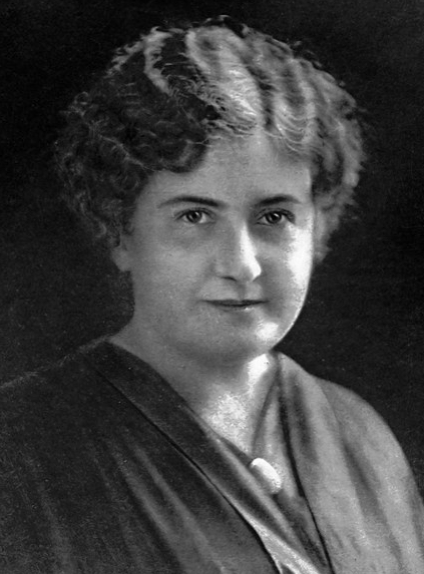
Maria Montessori was born on August 31, 1870, in Chiaravalle, Italy. At age 13, she attended an all-boys technical school, intending to become an engineer. On completion of that phase of her education in 1886, she enrolled at the technical institute Regio Istituto Tecnico Leonardo da Vinci, where she engaged in a more demanding program with an emphasis on mathematics and physics. On graduation in 1892 with her diploma di licenza, she switched her focus to the study medicine and applied for entry to the Sapienza University of Rome. Her application was accepted and in 1893, Maria become one of the first women to attend medical school in Italy. In 1896, she graduated with honors, specializing in pediatrics and psychiatry. Her medical background and interest in child development led her to work with children who had developmental disabilities and learning challenges.
In 1897, Maria became a voluntary assistant at the university’s psychiatric clinic. This provided her with opportunities to visit asylums in Rome where she observed children with learning disabilities. During this time, she combined her study of mental disabilities with a study of pedagogy, absorbing the works of a wide range of educators, including Jean Marc Gaspard Itard (who had housed and studied “the Wild Boy from Aveyron) and Édouard Séguin. Montessori set out to create an organized system for applying the pedagogical principles known to help children with learning disabilities.
In 1907, Montessori opened her first “Casa dei Bambini” or “Children’s House” in a low-income area of Rome. This was the birth of the Montessori method. Her approach emphasized creating a prepared environment filled with carefully designed materials that allowed children to engage in self-directed learning. Montessori believed that children have an innate desire to explore and learn from their surroundings, and her method aimed to provide them with the tools and freedom to do so.
Key principles of the Montessori method include:
• Respect for the Child: Montessori believed in treating children with respect and in recognizing their individuality and potential. She emphasized observing and understanding each child’s needs and interests.
• Prepared Environment: The classroom environment must be carefully arranged to promote independence and exploration. Montessori classrooms are filled with hands-on learning materials to help children develop skills in various areas, such as language, mathematics, science, and practical life.
• Self-Directed Learning: Children are given the freedom to choose their activities from a range of options. This choice is intended to foster a sense of autonomy and responsibility for their learning.
• Hands-On Learning: Montessori materials are designed to be self-correcting, allowing children to learn through hands-on manipulation and exploration. This approach is intended to encourage active engagement and problem-solving.
• Mixed-Age Groups: Montessori classrooms typically have mixed-age groups, which allows older children to mentor younger ones and fosters a sense of community and collaboration.
As Montessori’s educational philosophy gained international recognition, it spread across the globe. She wrote extensively about her methods and conducted training courses for teachers. Montessori schools opened first across Italy and then throughout western Europe. In October 1911, the first North American Montessori school was opened in Tarrytown, New York. Inventor Alexander Graham Bell and his wife became proponents of the Montessori method and they opened a Montessori school at their home in Canada. This new pedagogical approach was particularly influential in shaping early childhood education and continues to be widely practiced today.
Throughout her life, Maria Montessori worked tirelessly to advance her educational philosophy and methodology. She faced challenges and opposition from traditional educational systems, but her dedication to creating a more child-centered and holistic approach to learning left a lasting impact on education worldwide. On May 6, 1952, at 81 years of age, Maria Montessori died of a cerebral hemorrhage, but her legacy remains.
